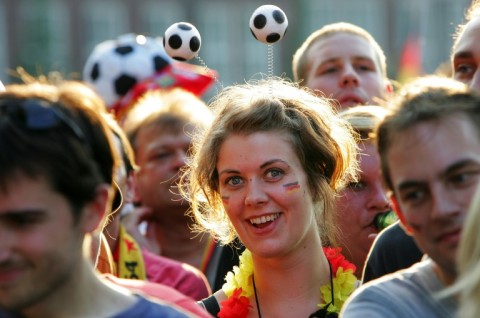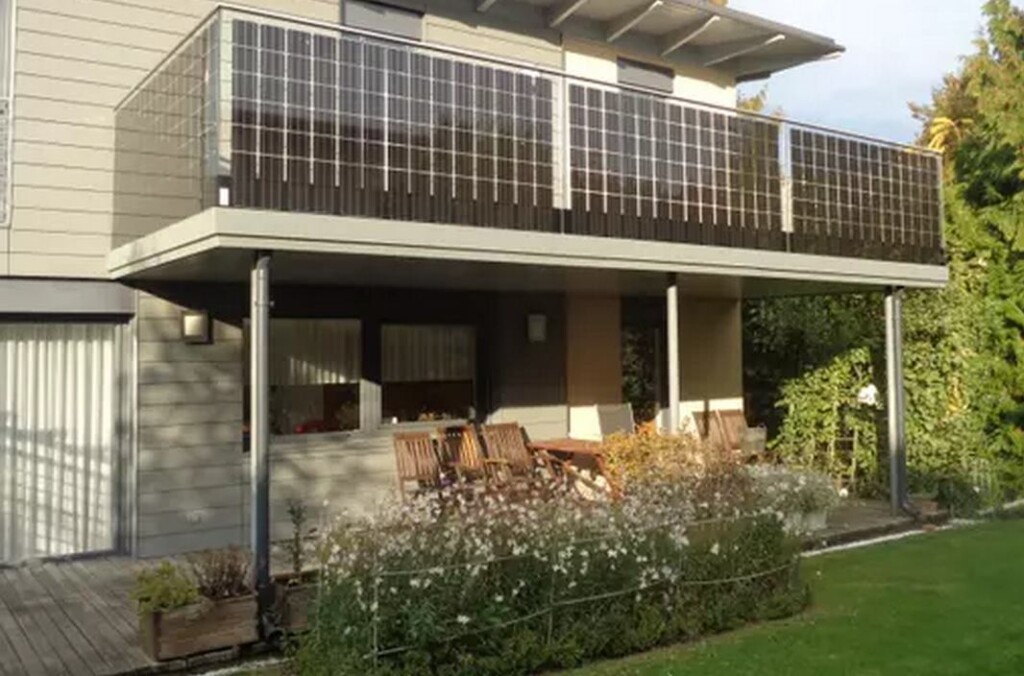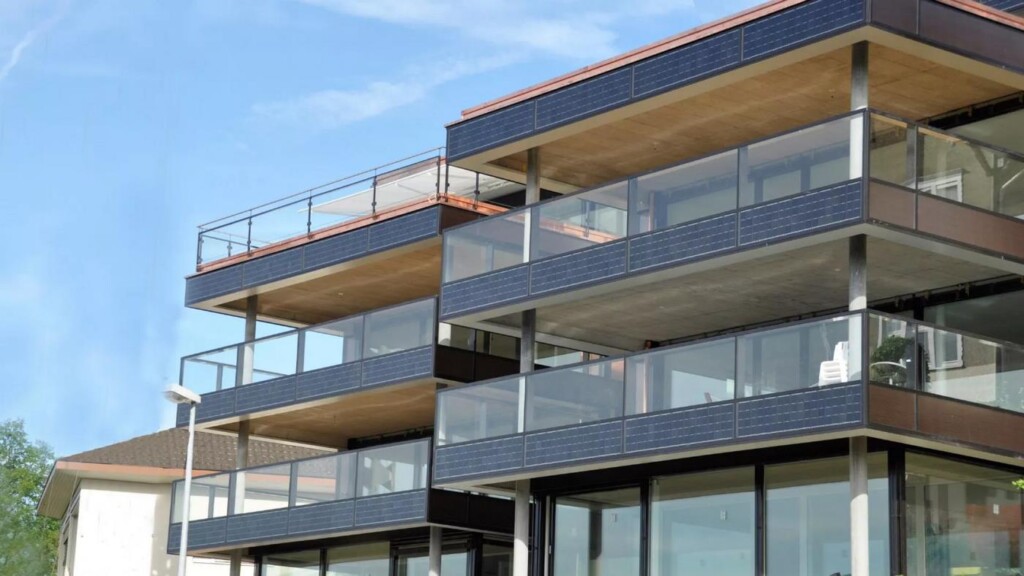
AHK Sri Lanka had invited Minister of State for Investor Promotion Dilum Amunugama to lead the delegation along with other Government officials and representation of the Sri Lankan business community. This was the first time that Sri Lanka had officially participated at the Hannover Messe which is considered to be the world’s leading industrial trade fair.
During the visit, AHK Sri Lanka organised meetings with potential investors such as Hamburg Port Consulting, Linde Engineering, and SAP, and facilitated site visits to prominent establishments such as Continental Tires, one of the world’s largest tyre manufacturers. These engagements provided valuable insights into Sri Lanka’s business environment and investment opportunities, further bolstering investor confidence.
State Minister Amunugama observed that as Germany is the industrial powerhouse of Europe and given Sri Lanka’s target of encouraging export-led economic growth, Sri Lanka has much to gain from strengthening trade and business linkages with Germany.
During the meetings with German trade associations and businesses, the State Minister stated that Sri Lanka remains committed to international sustainability standards of green economy, strong labour rights, and inclusive growth, and mentioned the country’s record as one of the most ethical sourcing destinations.
He added that Sri Lanka’s key product to the EU under GSP+, apparel, has earned the reputation of garments without guilt. He also stated that Sri Lanka is implementing necessary reforms to ensure long-term stability of the economy, while highlighting that Sri Lanka possesses great potential for creation of renewable energy such as green hydrogen.
Furthermore, when State Minister Amunugama met with the senior management of the Continental group, he appreciated the confidence they had placed in Sri Lanka as a destination for growth and sustainability. Commenting on the delegation’s participation in the Hannover Messe, Schönburg emphasised the importance of showcasing Sri Lanka’s investment opportunities on a global platform.
“The Hannover Messe provides a unique opportunity to highlight Sri Lanka’s potential as an attractive investment destination. By engaging with international stakeholders and showcasing our strengths, we aim to foster meaningful partnerships and drive sustainable economic growth. I am very pleased that Honourable Dilum Amunugama has accepted our invitation to lead the delegation, as his presence in Hannover has sent a strong, positive signal to everyone we have spoken to,” she said.
AHK Sri Lanka organised Sri Lanka’s participation at the Hannover Messe 2024 with the support of the Embassy of Sri Lanka in Berlin and Deutsche Messe AG.
The delegation’s presence at Hannover Messe signifies a concerted effort to position Sri Lanka as a favourable investment destination, leveraging its strategic location, skilled workforce, and conducive business environment.
The 2025 edition of Hannover Messe is scheduled for 31 March to 14 April 2025. AHK Sri Lanka organises first-ever delegation to ‘Hannover Messe 2024’ in Germany | Daily FT




 A solar balcony from Ertex Solar Austria.
A solar balcony from Ertex Solar Austria.